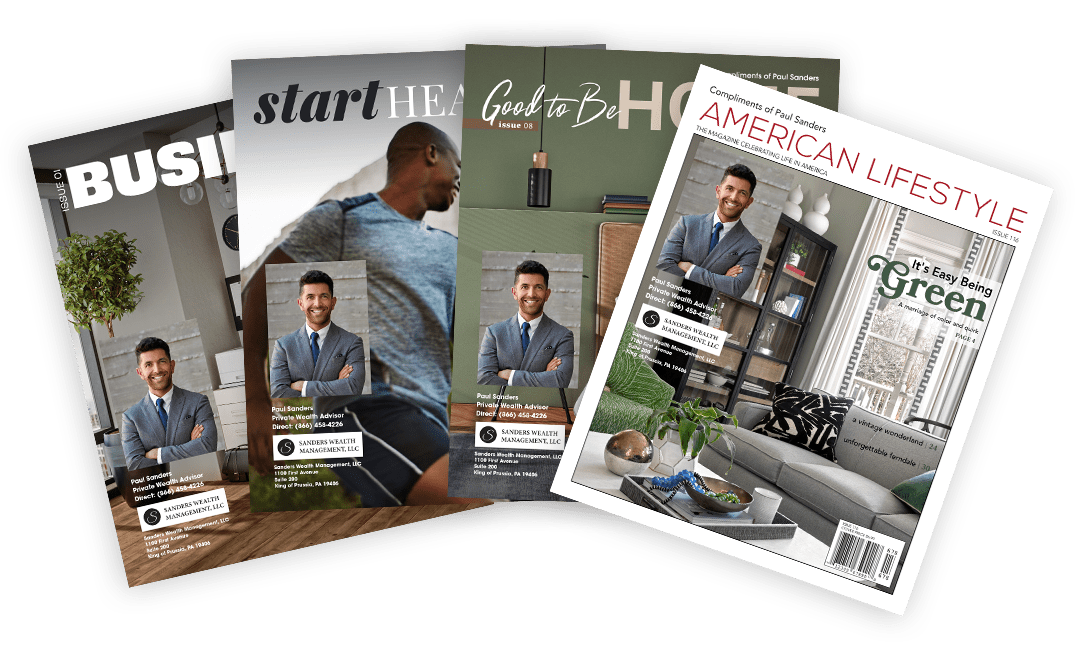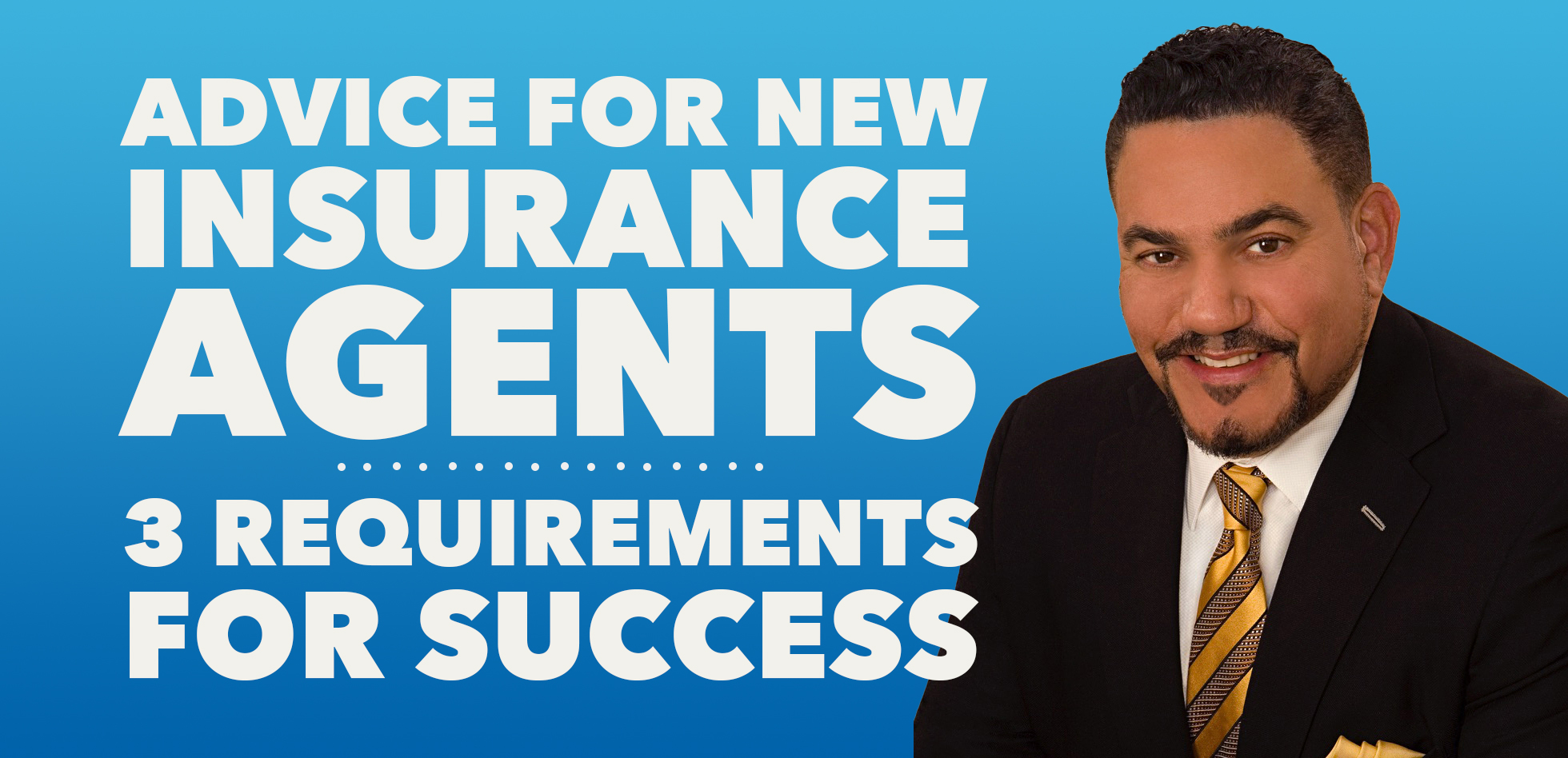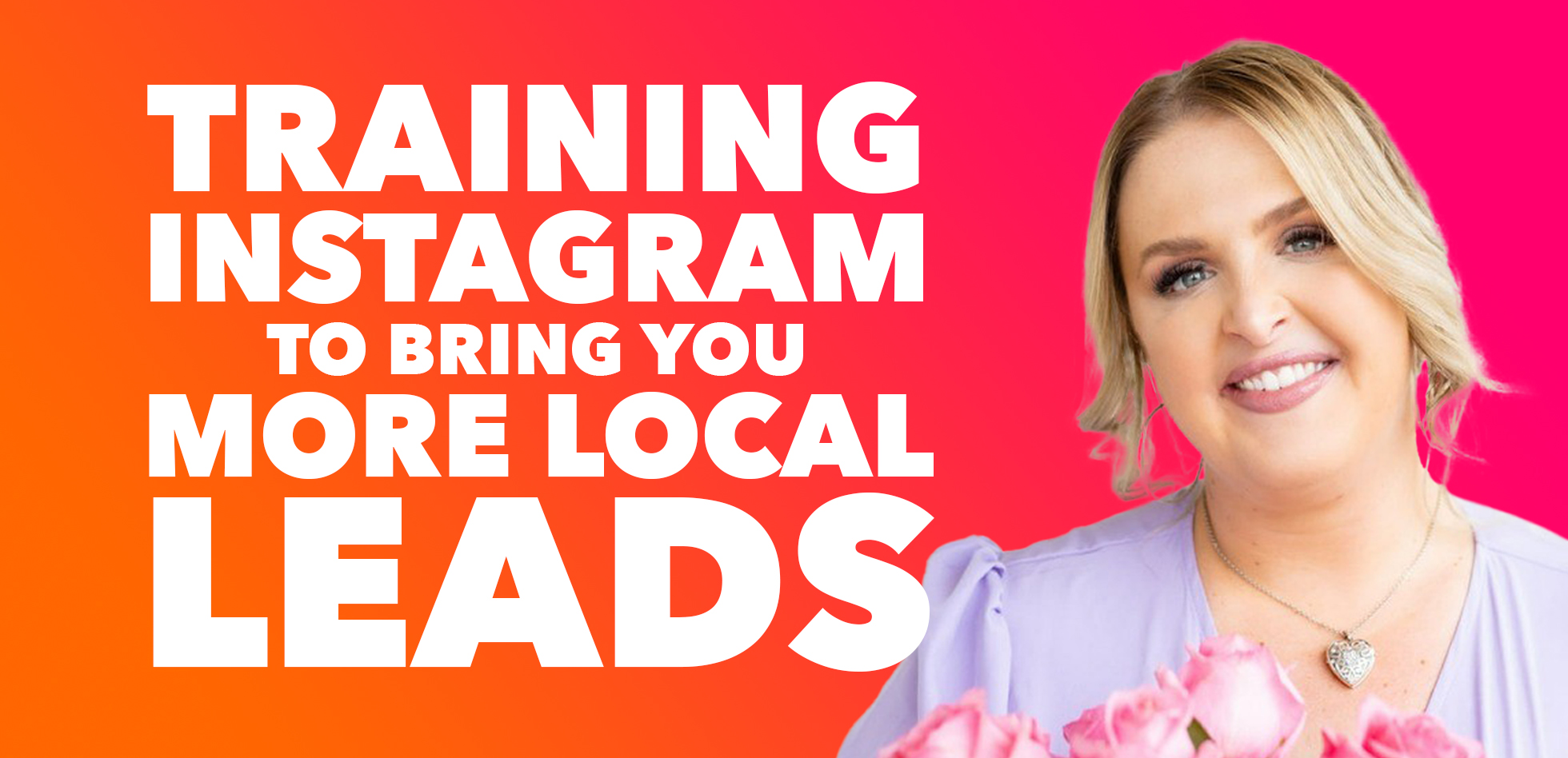Guest blogger Mike Thurman suggests how to plan educational seminars with an emphasis on marketing and capturing leads.
Hosting educational seminars is one of the most effective methods to market yourself as a credible figure in your industry. However, there are countless ways to plan a successful seminar, so it can be overwhelming to get started if you’ve never hosted one or if you need to improve your current seminar marketing strategy.
Here is an 8-step process that will help you coordinate a stellar seminar and get attendees in the seats.
1. Choose a seminar topic
It’s in your best interest to choose a topic that most of the public doesn’t have a clear understanding of and could benefit from hearing about, as it has the greatest potential to position you as an authoritative figure on the subject.
Focus less on what your “end goal” is and more on what value you can bring to your audience. Leading with value on a topic that you can speak passionately about is the best way to ensure a successful seminar.

Automatically sent to your client every eight weeks, your own personally branded, compliance-friendly publication will keep you in touch with your clients year-round. Get your FREE sample copy.
2. Select the time and date
We recommend choosing a date that’s about six weeks out from when you start planning the seminar. This allows for enough time to plan, coordinate, and practice. You will have one chance to “wow” your audience, so make sure your preparation includes practicing until your presentation is polished.
There is some debate on whether day or evening seminars have more success, but this depends on the kind of audience you want and your topic. Many of our hosts find that daytime seminars tend to attract retirees or single individuals, while evenings typically bring in couples, a younger demographic, and individuals who have not yet retired.
3. Identify an ideal location and venue
The third step is choosing your location, so consider the area and venue. Identify where your best potential clients would come from and base your marketing efforts around a venue in that area. Consider which areas have the highest concentration of people or how far away attendees would be willing to travel.
Next, think about a venue that fits your audience’s needs, wants, and expectations. We recommend an education-centric venue like a community center, college campus, library, or town hall that is comfortable and easily accessible. Hosting seminars in hotels or business centers gives the impression of a bait and switch—which is exactly what you don’t want.
Once your venue dates have been booked, contact venue personnel to set up an appointment to visit the room. Once you arrive and before you enter the building, check parking—is it easy for you to enter and leave? Will it be easy for your guests to do the same? If parking is a little complicated, you’ll want to communicate instructions in your emails to seminar attendees.
When you’re in the room where you’ll host the seminar, make sure there is functioning WiFi, locate light switches and thermostats, and make sure the equipment is up-to-date and compatible with your technology.
4. Coordinate your marketing strategy
We favor digital marketing, but whether you choose digital, direct mail, or a combination, consider that both options provide detailed targeting and demographic information. Clearly identify the audience that’s most appropriate, then build your marketing around it.
We also recommend testing various elements within your marketing messages—incorporate multiple images, video, long and short copy, etc. There is no silver bullet for generating registrations—what resonates with one person may not resonate with another, so it’s best to always be testing.
Particularly if you’re using digital channels, monitor which ads underperform, then focus your budget on the high performing ones.
5. Generate and manage the registration landing page
Use a tool like Unbounce, HubSpot, or Leadpages that allows you to easily create, update, and customize your landing pages per seminar. The copy in your marketing materials needs to correspond with the copy on your landing and registration pages in order to fulfill your marketing promise. For example, if your marketing materials claim that you’ll discuss new tax rules or new laws in estate planning, you better cover that topic during your seminar.
If you go the route of digital marketing, make sure your landing page is built to entice registrations and provides the venue’s address, directions, contact information, and a description of what will be taught at the seminar. Also include a thank-you page that will appear after people register—it confirms that the registration went through for the end user and gives you trackable data.
6. Handle registrations and send confirmation and reminder emails
Next, you must communicate with your registrants. A multi-sequence campaign can confirm attendance, provide additional details, and remind registrants about the seminar.
If you have the resources, we also highly recommend calling registrants who provide a phone number shortly before the seminar (day before or morning of) and including a confirmation/reminder text message (only for those who opt in, of course!).
Also, make sure someone monitors your emails, text messages, and voicemail. There will always be people who need to reach out to reschedule, cancel, ask questions, etc.—this can’t just be one-way communication! You’ll want to dedicate a person (or multiple people) to manage responding to registrants.
7. Deliver a well-rehearsed and passionate presentation
Not only should your presentation be organized and well-rehearsed, it should be passionate, too! We tell our hosts to possess the heart of a teacher. Why? Teachers choose their career because they’re passionate about helping others. If someone were to ask you, “Why do you host seminars?” what would you say? The answer should not be to sell your services.
When you connect with people and provide immensely helpful recommendations, you earn the right to ask for business. A common mistake hosts make when trying to find new clients is they pitch their business or specific investment products before they’ve earned the right to. Give yourself a “zero tolerance” rule for pitching during your seminar!
Also, opening and finishing strong is key. We recommend following seminar mastermind Frank Maselli’s advice. Open with a compelling and personal story that will truly resonate with your attendees. You must be able to answer the question, “Why would an attendee want to meet with me after the seminar?” immediately and confidently, otherwise the audience won’t know, either.
Lastly, avoid ending on a Q&A at all costs! Allowing an attendee to dictate the last thing everyone hears can be detrimental to your entire presentation. It also removes your ability to be courteous of everyone’s time.
8. Embrace follow-up communication and nurturing leads
Last but not least, incorporate follow-up communication and nurturing into your seminar marketing model. Many professionals struggle with staying in front of the people who attended but didn’t book a follow-up appointment and those who registered but didn’t attend . . . but the post-seminar communication part is critical.
Incorporating automated/frequent email and social media touchpoints into your post-seminar program has many benefits, including increased appointments, higher client retention, more referrals—the list goes on!
Hopefully you can see there is A LOT that goes into the planning and execution of a successful educational seminar. When done right, they can be one of the most effective forms of marketing that consistently delivers results and drives business growth.
And, when you work with a company like White Glove that has a done-for-you seminar planning/marketing and social media management program, all you have to worry about is step 7 in this 8-step process!
Mike Thurman is the co-founder of White Glove, a company that helps financial advisors, real estate professionals and attorneys grow their business through two core programs: Triple Guaranteed Seminars and White Glove Social Connect™. White Glove is the pioneer of a 100% done-for-you, turn-key, risk-free, triple-guaranteed seminar planning and marketing program. White Glove Social Connect™ is a done-for-you social media management program. It’s the first client and prospect nurturing program that combines machine learning and human oversight to automate branded content from credible news sources to clients’ social media channels and email subscribers—resulting in improved client retention and more referrals and leads. White Glove also partners with a variety of industry experts to offer essential services to clients, including practice management, presentation and digital marketing training, financial education, content and websites, and an additional nurturing program (powered by ReminderMedia). For more information, visit White Glove’s website or call 844-949-9497.









 Apple Podcasts
Apple Podcasts
 Google Play
Google Play
 Spotify
Spotify
















